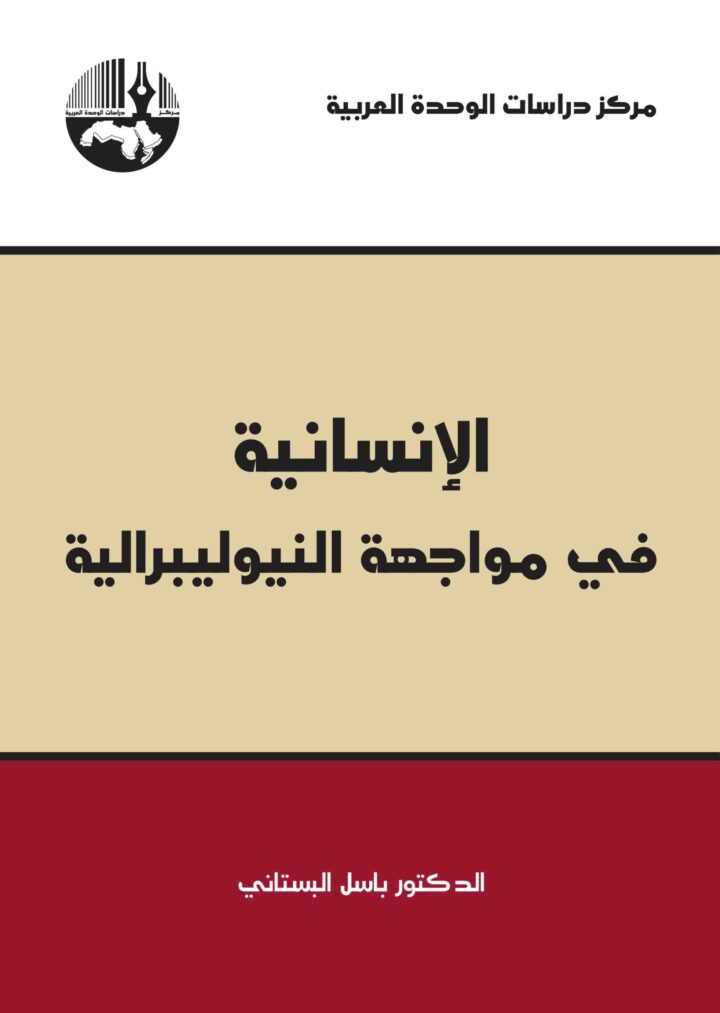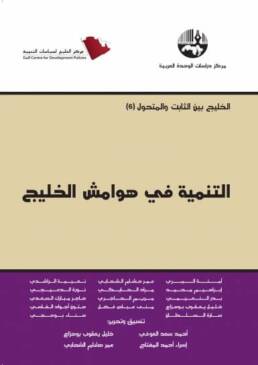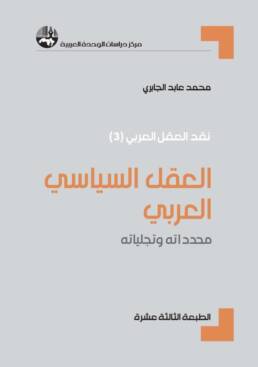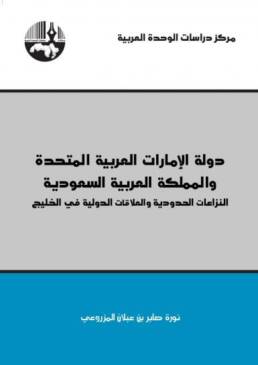From the early 1980’s, the Capitalist Neoliberalism model saw a rapid expansion. This began with the “Washington Consensus” held in England, between UK prime minister (Thatcher, 1979 – 1990) and the US president (Regan, 1981 – 1989), followed by a “Structural adjustment program” (SAP) targeting indebted developing countries (1982) and rules of “good governance” (1995), and lastly rules of “competitiveness”.
Another movement opposing Neoliberalism dominance began with “Sustainable Human Development” approach (1990), followed by the “Millennium Development Goals Agenda” (2000 – 2015), the “Inclusive Wealth Paradigm” (2012), and later on “The Agenda for Sustainable Development Goals 2016 – 2030”, and lastly the opening of “Sovereign Wealth Funds” as a mechanism for financial and International operations.
This book documents in details the Momentum of both (Humanitarian – Neoliberalism) currents and all their constituting components, to reach a final conclusion that the Capitalist Neoliberalism model has reached the end and is starting to decline. In contrast, there are indicators that an alternative model is rapidly forming, taking the shape of a sustainable paradigm consisting of an economic – social – environmental trinity. It’s the birth of a “Sustainable Development paradigm” and a fierce confrontation between the two models.
Add a review
You must be logged in to post a review.
You May Also Like
Development at the Margins of the Gulf
Price range: 7 $ through 11 $
Armaments, Disarmament and International Security: Sipri Yearbook 2021
Price range: 14 $ through 22 $
Prophecy and Politics
Price range: 5 $ through 8 $
Arab-Chinese Relations
Price range: 11 $ through 18 $
The Arab Political Reason: Its Delimitation and Manifestations
Price range: 7 $ through 11 $
The UAE and Saudi Arabia: Border Disputes and International Relations in the Gulf
Price range: 10 $ through 16 $








